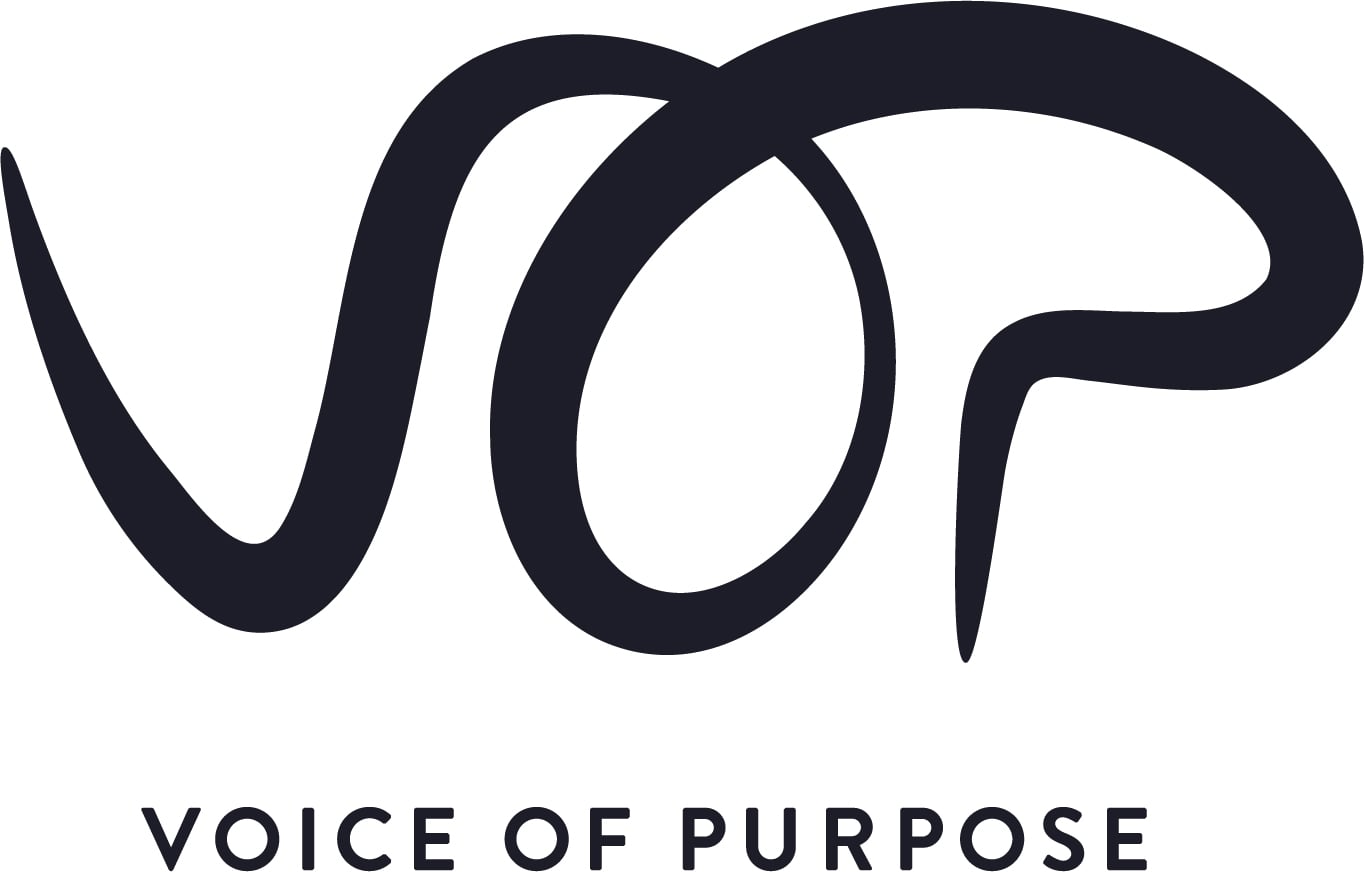Community-engaged art does more than inspire folks, it also provides opportunities to expand relationships, build connections and address the need for multi-layered change. In this way, Voice of Purpose understands that the community arts sector plays a significant role in community healing, through these authentic experiences from both participants and community members.
One central theme that emerged from our research was the need for multifaceted support across the whole community arts ecosystem. Holistically speaking, this includes mental, emotional, spiritual, structural and cultural support for arts learners, educators, administrators and funders who are branching out their learning landscapes to include the digital world. For these folks, mental health is now impacted and defined in a new way, with the new expectations and stress that may come with shifting to e-learning. Therefore, any support pertaining to mental health, must consider these new factors, in order to be effective.
For example, one arts educator spoke about having to reorient expectations and detach from the capitalist mindset of prioritizing planned outcomes. There needed to be a re-focusing on participant well-being as opposed to holding on to what the educators and program planners expected to happen.
“What was emerging was that people just needed to talk about stuff and be listened to” – Arts Educator
Other examples of these nuanced impacts on mental health, also include the link between social media and harmful/negative body image expectations, and how this can further be amplified for arts workers and learners whose craft is centered around expression and visibility of the body. For poets, their mental health support should consider the romantization of trauma and suffering that is often expected and encouraged, but much less often discussed in their world.
Another major mental health concern that was flagged by research participants was burnout. This overwhelm is rampact across the eco systems, including a lot of professionals who suddenly found themselves needing to navigate online systems with little to no support on how to effectively create and establish virtual programming, not to mention having to adapt to a remote work environment.
“The emotional labor of producing digital content… whether it’s participating, or producing digital content, whether it’s on the art administrators or producers or musicians or theater performers… it is a lot of work, even though yes I think more people have access to this information now, but that labor on the back end is often not acknowledged.” – Arts Administrator
This issue is ultimately a structural one (macro level), however we can still collectively work on mindful ways to address it within our industry and our organizations (micro level). Considerations from our case study leads, arts educators and administrators led us to an important finding: community arts professionals need exhaustion intervention. This includes options for emotional engagement and leadership, as well as mental and emotional wellness support for all those within and across the arts-educator ecosystem. Implementing this, is what we believe directly correlates to greater engagement and retention of participants online and offline.
